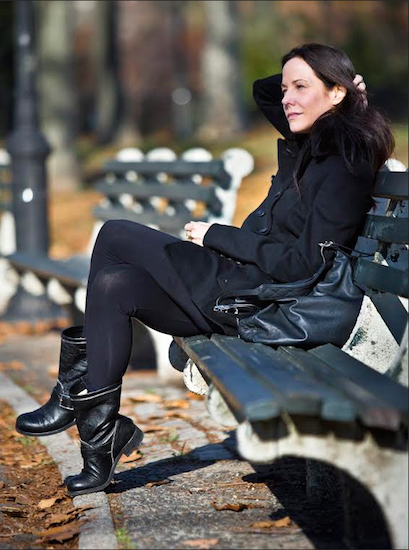Actress Mary-Louise Parker, a Brooklyn resident, now a respected writer
Brooklyn BookBeat

The latest round of raves for Mary-Louise Parker is not for her acting, but for her writing.
Parker’s “Dear Mr. You,” a collection of lyrical and often emotional essays about men addressed to everyone from former (and unnamed) lovers to family members, NASA and a Sept. 11 firefighter, has been highly praised by critics. Essayist Leslie Jamison, memoir writer Mary Karr and poet Kevin Young are among those who have appeared with her during her promotional tour.
Parker is a prize-winning actress who has never wanted to be treated like a celebrity, or like a celebrity author. “Dear Mr. You” was originally submitted to publishers with her name withheld by literary agent Eric Simonoff, whose clients include Pulitzer Prize-winning fiction writers Jhumpa Lahiri and Edward P. Jones.

Brooklyn Boro
View MoreNew York City’s most populous borough, Brooklyn, is home to nearly 2.6 million residents. If Brooklyn were an independent city it would be the fourth largest city in the United States. While Brooklyn has become the epitome of ‘cool and hip’ in recent years, for those that were born here, raised families here and improved communities over the years, Brooklyn has never been ‘uncool’.